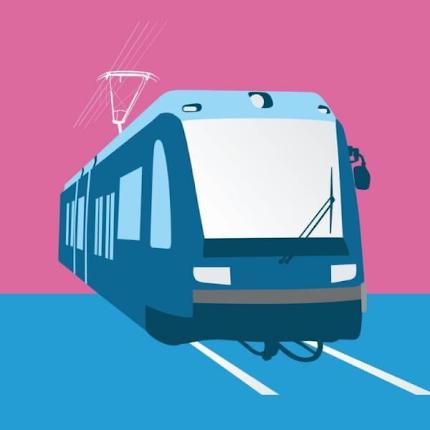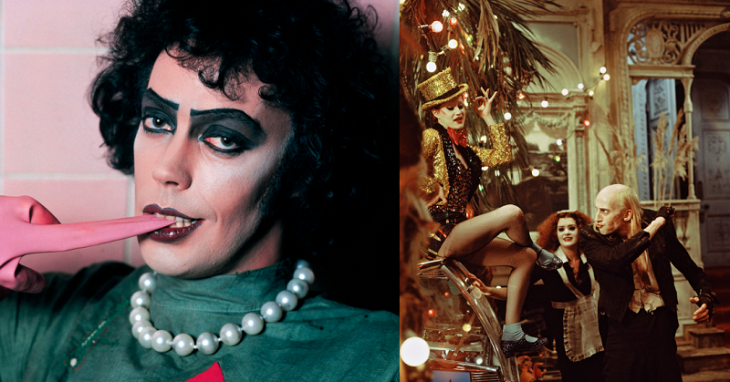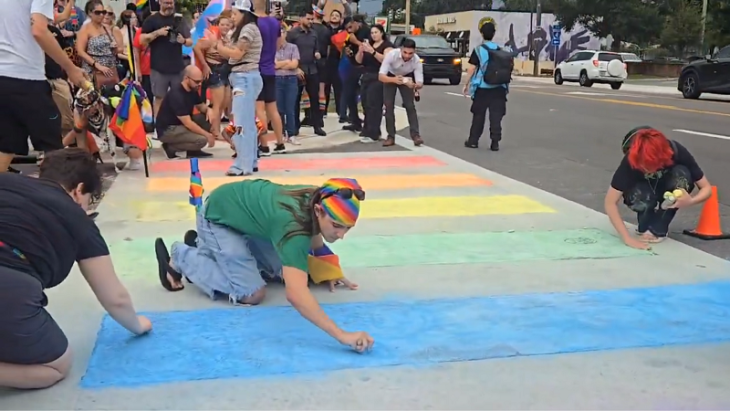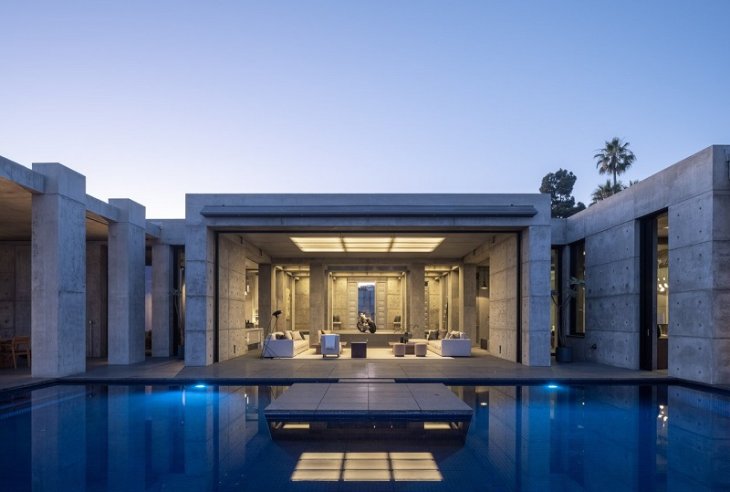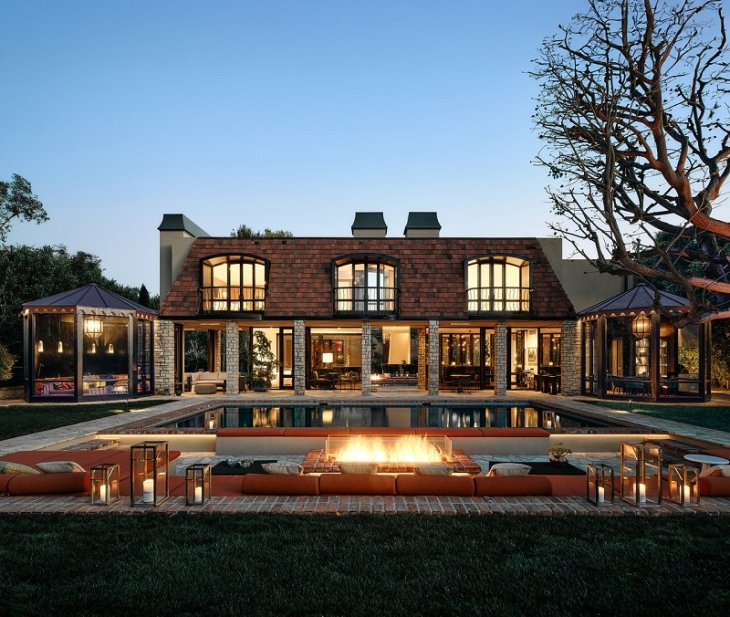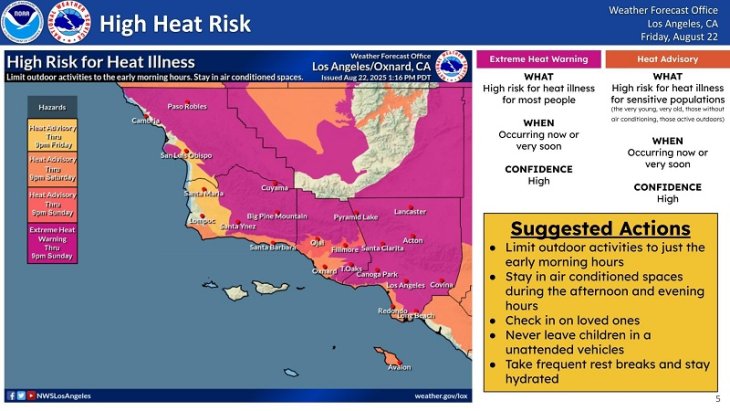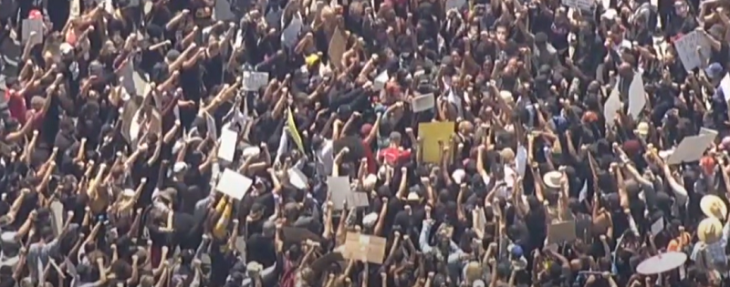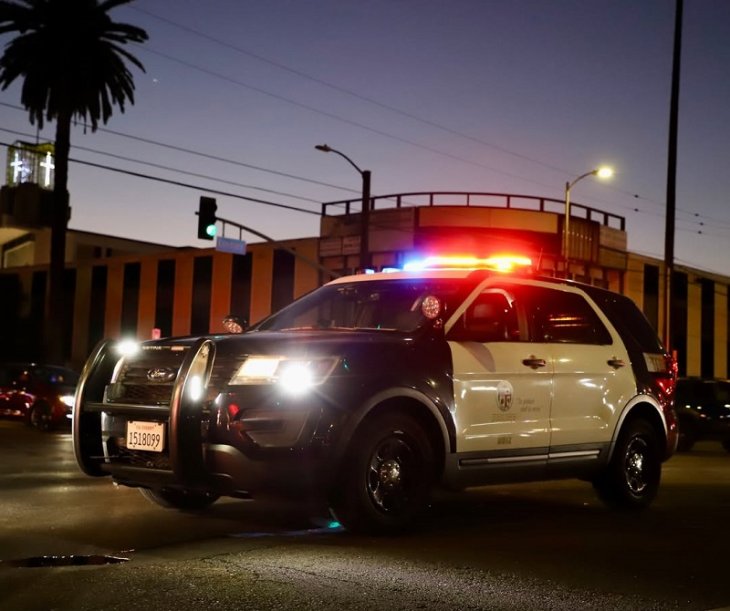Metro rail service might be coming to the city of West Hollywood.
The Los Angeles County Metropolitan Transportation Authority (Metro) Board of Directors voted to award a contract for environmental analysis and engineering for the proposed Crenshaw/LAX northern extension rail line, which will bring Metro rail service to West Hollywood.
“Today’s unanimous Metro Board vote means that the City of West Hollywood is one step closer to realizing our vision to #FinishTheLine and bring Metro rail service to our city and to connect the region,” said West Hollywood Mayor Lindsey Horvath. “This important milestone builds on years of progress, advocacy, and community support for more transit opportunities. The Crenshaw northern extension will provide critical north-south connections and enhance the existing Metro regional rail network, which is a win not only for West Hollywood — it’s also a win for the entire metropolitan region.”
The City of West Hollywood has been working with West Hollywood Advocates for Metro Rail (WHAM), the All on Board Coalition, and the City of Los Angeles to build support for the Metro rail line Northern Extension to connect the Crenshaw/LAX rail line with Mid-City, West Hollywood, the Metro Red Line station at Hollywood Boulevard and Highland in Hollywood, and possibly even the Hollywood Bowl. They have pushed to accelerate the completion of the Crenshaw/LAX rail line northern extension to as early as 2028, instead of 2047, in time for the Los Angeles 2028 Olympics and Paralympics.
In 2015 the West Hollywood City Council approved its plan in support of a Metro rail line northern extension to connect to the Crenshaw/LAX rail line.
The project is expensive, and West Hollywood will have to pay a share of the costs. “The Measure M spending plan provides about $2.2 billion for the project, although early cost estimates show that the expected cost could be significantly more due to expected tunneling and bridges that could be needed,” Metro says . “Under Measure M, the project is scheduled to be built in the 2040s. But Metro — in partnership with the City of West Hollywood and the City of Los Angeles — is advancing planning work on two key conditions: 1) that funding can be found to accelerate the project, and; 2) that accelerating the project would not impact the timelines of other Measure M projects, as per Metro’s project acceleration policy.” Measure M is a ballot measure approved in 2016 that authorized a one-half cent increase in the county sales tax to fund Metro’s overall growth plans.
So far, West Hollywood has spent nearly $2 million on getting input from residents and businesses, analyzing the cost of the project, and lobbying Metro in support of the project. The contract for the next steps for the extension through West Hollywood was approved because the city met one of the criteria for ranking projects, which is whether a local jurisdiction is willing to allocate at least 10% more than the required 3% contribution to the local project. The mandatory 3% contribution would cost West Hollywood between $44 million and $66 million, depending on which route Metro finally chooses. An additional contribution of between 10% and 25% could cost West Hollywood between $70 million and $550 million. Metro still must approve budgets for the contract for this and future years and choose one of the route options and a plan to fund it before the project can move toward completion.

